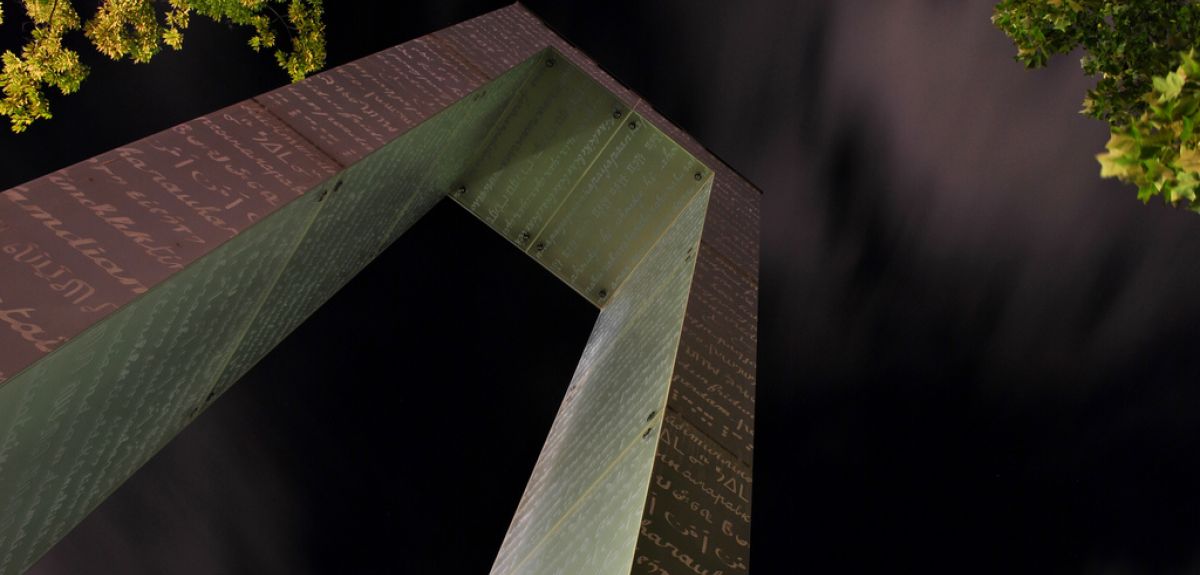
Sue Ann Simon (Flickr)
Reflecting on Hiroshima, 70 years later
70 years ago today, the atom bomb was dropped on Hiroshima in Japan.
Professor Rana Mitter, an historian who specialises in the history and politics of China and Japan, and Nigel Biggar, Regius Professor of Moral and Pastoral Theology, explain the significance of the anniversary and the legacy of Hiroshima and Nagasaki.
Professor Mitter says the memory of the bomb has put the Japanese population off the idea of nuclear weapons forever. 'The horror of Hiroshima and Nagasaki has so much ingrained itself in the popular consciousness in Japan that it seems to me impossible that they would ever find a way to have their own nuclear weapons,' he explains.
Professor Mitter puts the bombing in the context of Asia, rather than just looking at relations between the USA and Japan. 'What is often forgotten is that the lead-up to the A bomb against Japan was the Japanese invasion of large parts of Asia where over 14 million Chinese were killed.
'Therefore we have to remember, balancing the horror of Hiroshima which we’ve heard so much about today and must never be allowed to happen again, with the fact that there was a context which people in Asia still remember quite clearly.'
Professor Biggar applies the "Just War" theory in Christian theology to the events. He says: 'If the bombs were dropped on Hiroshima and Nagasaki in order to use the mass slaughter of civilians to terrorise the Japanese government into surrender, then that is immoral.
'If on the other hand the bombs were dropped to hit important military targets and there was no other way of hitting those targets other than endangering the lives of civilians, according to Just War thinking that could have been morally permissible. Which of those two cases fits the facts, you would have to ask an historian. I suspect it was the first.'
He adds: 'From the beginning Christians have disagreed about whether following Jesus means you can use force on any occasion. I think that one may use it under certain circumstances but only as a last resort, never in vengeance and only as strictly necessary.'
Professor Mitter was interviewed about Hiroshima on the Today programme (at 2 hours 53 minutes) and Professor Biggar on All Things Considered, both on Radio 4.